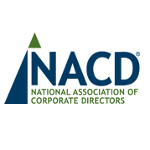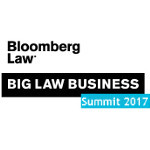Security of Information After You Install Software or Hardware
 Chad King of King & Fisher in Dallas offers some timely advice on how companies can protect their information systems in an environment in which it is becoming increasingly difficult to stay ahead of cyber intruders.
Chad King of King & Fisher in Dallas offers some timely advice on how companies can protect their information systems in an environment in which it is becoming increasingly difficult to stay ahead of cyber intruders.
He begins by recounting the story of how anti-virus and security company Kaspersky Lab was alleged to have been cooperating with the Russian Federal Security Service (FSB), the name of the Russian counterintelligence agency and successor of the KGB, since 2009. The U.S. federal government mandated that all software made by Kaspersky Labs be removed from government computer systems. Retailers such as Best Buy are also taking steps to remove Kaspersky Labs products from their retail offerings.
“Although it’s unlikely we will ever have a definitive answer about whether Kaspersky Labs is gathering data for the Russian FSB, this incident highlights a growing concern that foreign governments might be collaborating with software and hardware companies to spy on other governments, corporate enterprises, and consumers. How can companies protect themselves in this environment?
His article offers five points to consider to deal with the threat.


 A group of 12 prominent corporate executives and financial leaders recently a discussion of
A group of 12 prominent corporate executives and financial leaders recently a discussion of  Reuters is reporting
Reuters is reporting TMF Group has made available for free download the new
TMF Group has made available for free download the new  The pursuit of legitimate corporate strategic goals is increasingly running into the concerns of corporate officers who see themselves at greater personal legal risk if there are ever allegations of corporate misconduct, writes
The pursuit of legitimate corporate strategic goals is increasingly running into the concerns of corporate officers who see themselves at greater personal legal risk if there are ever allegations of corporate misconduct, writes